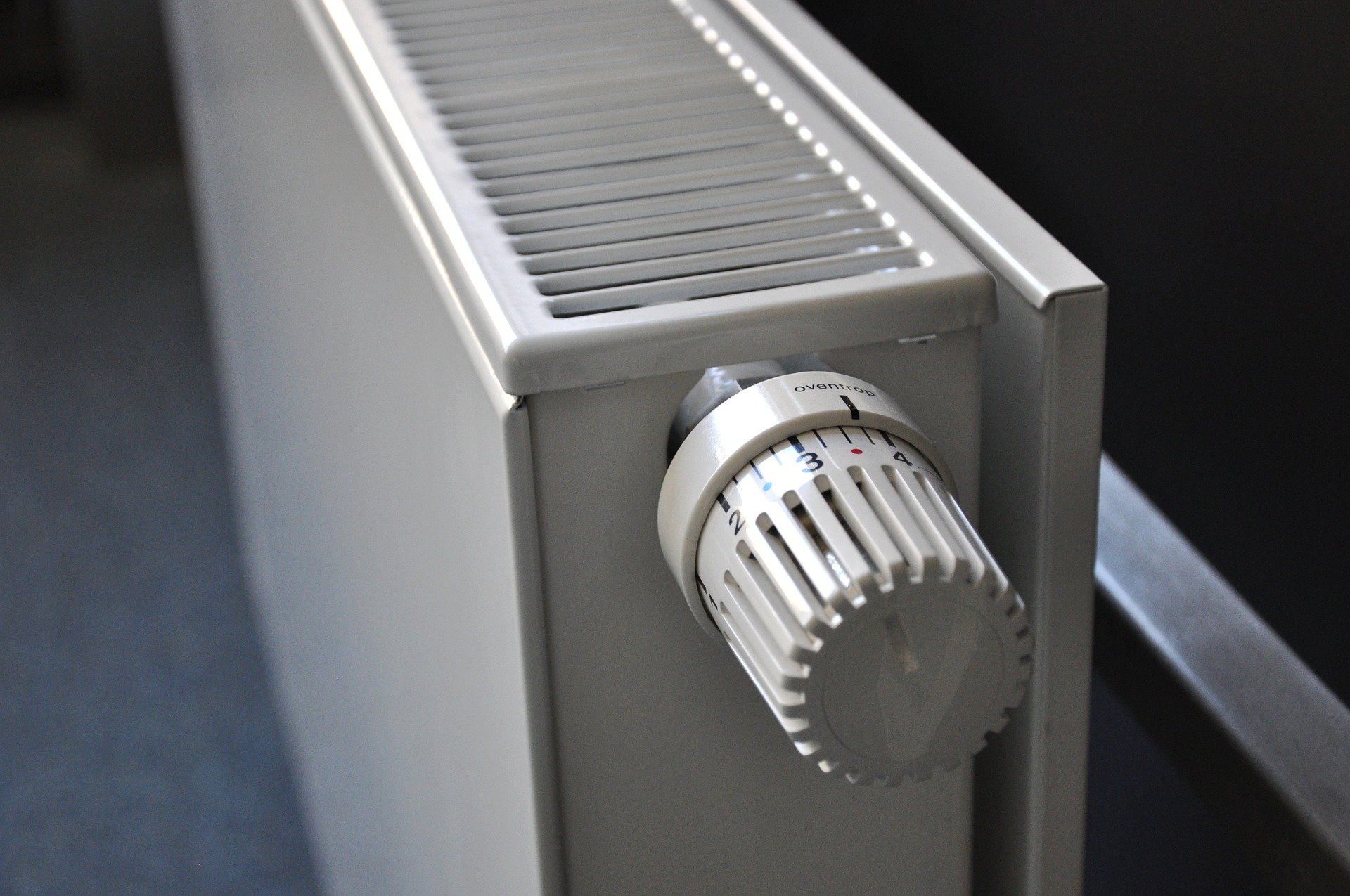
As winter approaches, the UK is going to keep getting colder. The colder it gets, the more likely it is that housing disrepairs appear. In turn, this is when we will mostly see housing disrepair claims. We have just passed through Halloween, so it’s very likely that it’s getting extremely dark and also very wet. The colder the weather gets, the more likely it is that you are going to be using your central heating system more.
Of course, with the current climate talks, you may have decided that you are going to try and use your heating less. However, if you are going to put your central heating on, you may find that you use it on a higher setting to heat your house. It can be extremely frustrating to find that your heating does not work when you need it the most. It may get so bad that you find that you and your family stay in one room in order to conserve heat. This is when you need to start thinking about Housing Disrepair Claims.
You shouldn’t have to suffer in silence. If your central heating system is not working, your landlord is responsible for its repair. Should they fail to help you, you should think about making a Housing Disrepair Claim. That way you can get the compensation and repairs that you need to live comfortably in your home. Gowing Law Solicitors can help start your housing disrepair claim. All you need to do is call our team of specialists today on 0800 041 8350 or visit our website below:
The Basics of Housing Disrepair Claims
Before we talk about central heating disrepairs, let’s take a moment to consider Housing Disrepair Claims in general. Housing Disrepair Claims are there to protect you if your home is suffering from severe damages that your landlord is refusing to have fixed. In some cases, these may seem like small damages, but due to the fact they have been left, they have grown larger and are now causing problems. No matter what type of disrepairs you have, if they are not being sorted out in a timely manner, as in within a month, you have the right to start a case against your landlord.
If you live in a council house or a property from the housing association, it is likely that you will experience some form of disrepair during your stay. This is due to the fact that many of these buildings will have been created during the 1960s or 1980s. That means that the time passed will mean that natural disrepairs take place in the external and internal structure of the property. There may also be asbestos issues.
Your landlord will be responsible for the following damages in your home:

As you can see, there is a range of different equipment and structures inside and outside of your home that could break down due to time or the negligence of your landlord. They are responsible for any furniture inside your home that was already there, as well as any gardens, balconies and attics. If they end up breaking then it is your landlord’s responsibility to get them fixed. As soon as you notice a disrepair, makes sure to follow this process:

You should give your landlord a month to get the repairs sorted. This is known as giving “notice.” However, if they fail to act within the month then you should be thinking about making a housing disrepair claim. After all, your landlord may be acting negligently and may inadvertently be making the damages much worse. If this happens, you should get in touch with your solicitor as quickly as possible. The faster you start your claim, the less likely it is that the damages will grow worse.
How could my landlord be guilty of negligence?
Do you feel as if your landlord has ignored your requests for help? If you do, it’s likely that you are experiencing the extent of your landlord’s negligence. Now, your landlord needs to ensure that your property is kept habitable. They follow a health and safety code of conduct that is there to protect you and any additional family members that are in the property. Although you do need to give them time to actually look into the disrepair and decide on the best course of action, if they fail to do anything, you may find that the negligence becomes worse, you suffer from a personal injury due to it, or you or your family members become ill.
There are many different types of landlord negligence that you can experience. This includes:

Your landlord’s negligence could end up damaging your property further. After all, the longer you leave your damages for, the more likely it is that the damages will end up getting worse. Even if your landlord is ignoring every message that you send to them, your solicitor can help you regain control over the situation. By making a housing disrepair claim, your lawyer can speak to your landlord on your behalf. We understand that you may feel nervous about speaking to your landlord about the damages, especially if your landlord acts aggressively or makes you fear for your safety. That’s why your solicitor can speak to your landlord on your behalf. They can discuss the issues at hand with your landlord and let you know what you can expect with your claim.

How could my central heating be an issue?
Your central heating is going to be the heart of your home. Whether it’s a boiler in a closet or it is a number of radiators around your home, or even heated flooring, when it breaks it’s going to cause issues within your home. During the winter months, you may find that your house is extremely cold. You may also be unable to heat up your water. This can make your daily life extremely uncomfortable, especially if you need to get cleaned up in your home. You may find that you cannot bathe due to the cold. Instead, you may be forced to get cleaned up in a different house or even your local gym.
It’s understandable that you may be upset that your central heating does not work. Your heating makes your home habitable. Therefore, to have it break means that it is very likely that your life will be thrown out of whack.
Your heating could break from:
- Faulty wiring
- Electrical surges
- Broken pipes
- Overheating
- Blockages
- Leaking radiators
Old age
If you do notice that your heating is not working, make sure to stock up on blankets and hot water bottles. That way you can keep warm. You should also wear lots of warm clothes, including gloves, jumpers, coats and hats. Your house is going to get cold very, very quickly. Therefore, if you need to keep warm then you should wear as many layers as possible. If you plan on having a bath or shower, make sure to fill up your kettle with hot water. That way if the hot water doesn’t work in your taps, you can try and get a quick wash with the heated water in your kettle. Just make sure to keep the water warm with top ups frequently. It may take a long time to get to the point where you are able to fill your tub.

What are my rights to central heating in my council property?
In regards to the rights of your council house, you could be owed compensation due to the Landlord and Tenant Act 1985. According to this act, your landlord needs to make sure your supply of gas, electricity and water is well-maintained. There also needs to be installations in your home for heating up water and for heating up the house space itself. If the heating systems do end up breaking down, your landlord is legally obliged to not leave you without heating for any longer than 24 hours. Should your home does not have heat after this time, your landlord may have to find you temporary accommodation or heating equipment until the problem has been sorted out. Ultimately, if they fail to do this, they could put your health and quality of life at risk. This is when you need to start thinking about housing disrepair claims.
The Responsibilities of the Tenant
It’s important that you understand that you do have to keep the house in a good shape. This includes keeping it clean, tidy and free from trash/rubbish. In order to make a housing disrepair claim for central heating, you need to be not responsible for the damages in the first place. In other words, if you break your central heating, you will be responsible for having it fixed or replaced.
You need to be the person that reports the damages to your landlord. Make sure to keep an eye out for any problems or noises that occur with your radiator or boiler. This includes:
- Unheated water
- Strange hissing noises from the boiler or radiator
- Leaks and drips
- Hot spurts of water followed by cold water
Report any disrepairs to your landlord as quickly as possible. That way they won’t potentially get any worse and cause further damage to your property. Your landlord will then have a responsibility to get the disrepairs fixed if you were not at fault for them.

How could I get hurt from a lack of central heating in my house?
As central heating is one of the main components of your home, you may find that you struggle to actually stay in your house comfortably without getting cold. As we are near winter, you may find that your house is extremely chilly or draughty if you are experiencing additional damages. If it remains cold, this could lead to illness, such as colds and flu, or even mould and damp inside your home. Damp and mould can cause serious health issues and may also destroy your property and belongings.
The cold can have a terrible effect on the elderly or young children. If you are living in a council house with your family, you may find that they get ill more often. This can lead to a ton of worries about their health and may make them more susceptible to nastier illnesses. You may even feel scared that the cold conditions may make illnesses, like Covid-19, much worse if you are forced to isolate within your home.
Your landlord needs to be held responsible for any damages that happen with your central heating. Don’t let them carry on. Instead, speak to a solicitor to find out how they can help you get the compensation that you deserve. After all, you could be owed around £20,000 for your claim!

How much could I be owed for central heating housing disrepair claims?
If you are wondering how much you could be owed for your case, keep in mind that the amount you get depends on the complexity of your claim. Some people may be owed more than others due to the amount of damages they have been through. It all depends on the extent of your landlord’s negligence. This will also include how long the damages have been left for. It will also be determined by whether or not you have experienced personal injuries due to the disrepairs. The worse your disrepairs and personal damages are, the more likely it is that you’re going to receive a higher amount of compensation than someone who only have experienced smaller damages.
Although the best way to find out how much you could be owed for central heating disrepairs is through your solicitor, here are some estimates that may help you before you do that:

Please keep in mind that these are just estimates. The circumstances behind your case will determine how much compensation you are owed. You should speak to your solicitor about your settlement agreement. They can give you a rough estimate and how long it may take to get your claim sorted out.
Gowing Law Solicitors can help with Housing Disrepair Claims
Here at Gowing Law Solicitors, we are determined to help our clients with their housing disrepair claims. Central heating problems can cause serious damages and may even lead to illness, depending on how cold your home is. Don’t leave your disrepairs unattended to. Your solicitor can help your landlord take your claim seriously. Your solicitor can offer you free advice and consultations to get you started. If you are happy to move forward with your claim, our specialists can work with you on a “no win-no fee” basis. That means you will always come out on top and will never have to pay any hidden fees. You will only need to pay your solicitor if they win your case for you!
Contact Gowing Law Solicitors today to find out more about how we can help with Housing Disrepair Claims. Call us on 0800 041 8350, email info@gowinglaw.co.uk or use our claims checker. One of our specialists will then be in touch to answer any additional questions that you may have.
Learn more about Housing Disrepair Claims
Don’t forget that if you want to learn more about housing disrepair claims or damaged central heating, Gowing Law’s blog page is the perfect place to be. We update it every week with brand new content about our law firm and the latest UK law updates. We also write about seasonal events and our latest competitions/giveaways. Our law firm always has a new campaign or blog that is ready to inform and entertain. You can even suggest blog topics to us by writing into info@gowinglaw.co.uk. Make sure to also sign up to our newsletter to see our latest information about different types of claims and how our law firm can help:
If you are feeling curious about our latest competitions/giveaways, keep an eye on Gowing Law’s social media. You can see our latest videos, blogs and additional updates. Click on the buttons at the bottom of this blog to visit our law firm’s Twitter, Facebook or LinkedIn.
We look forward to seeing you in our next blog!







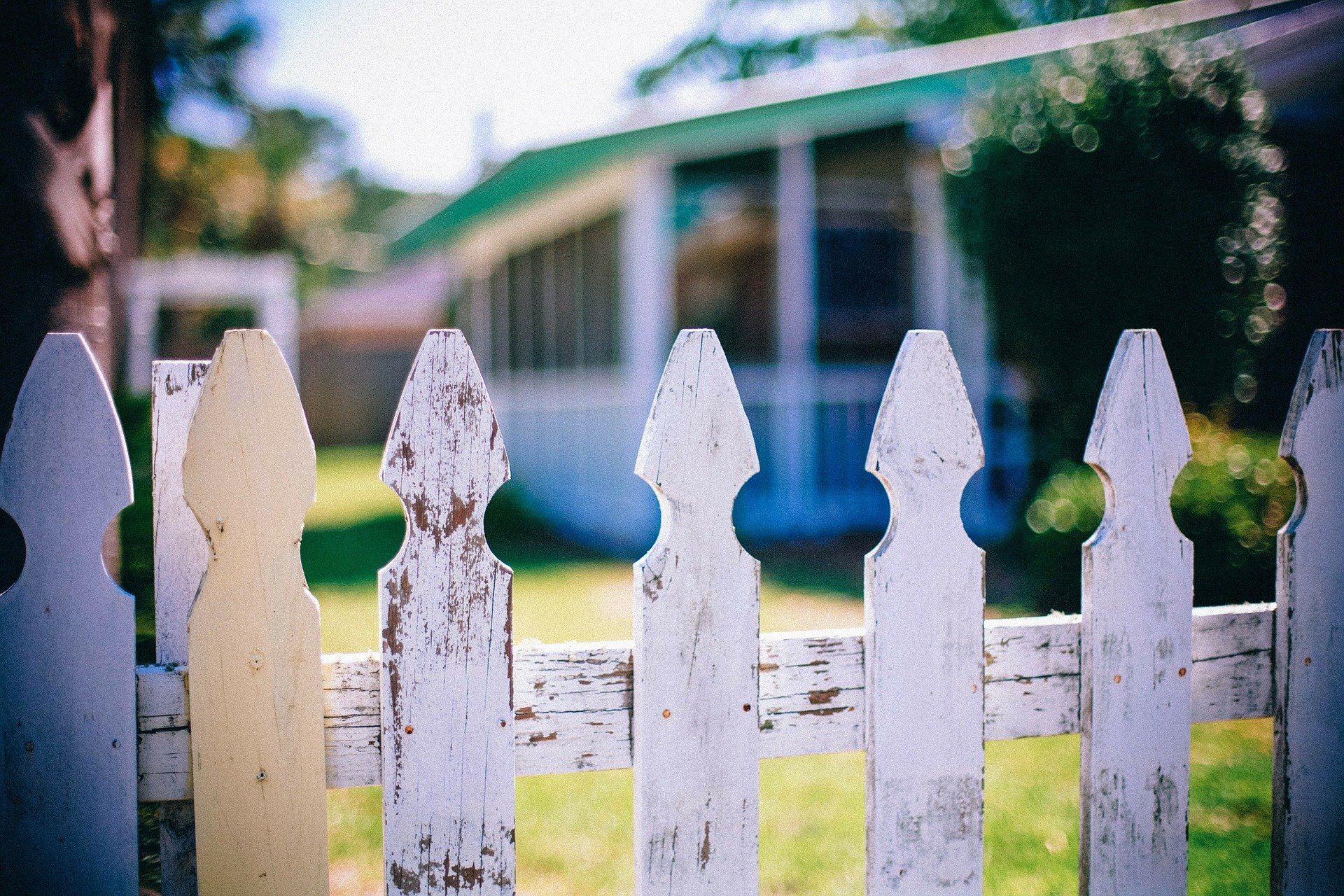






















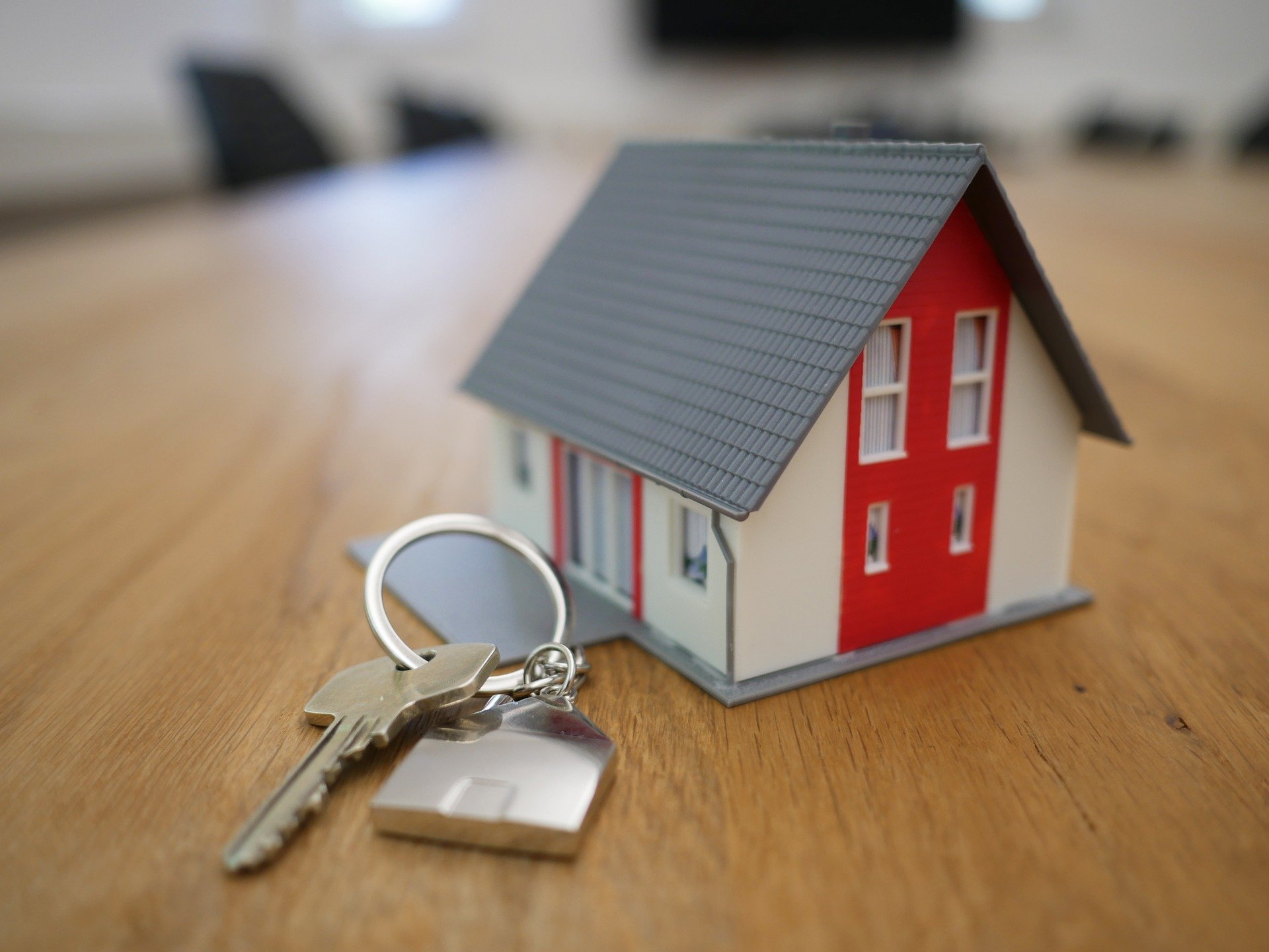










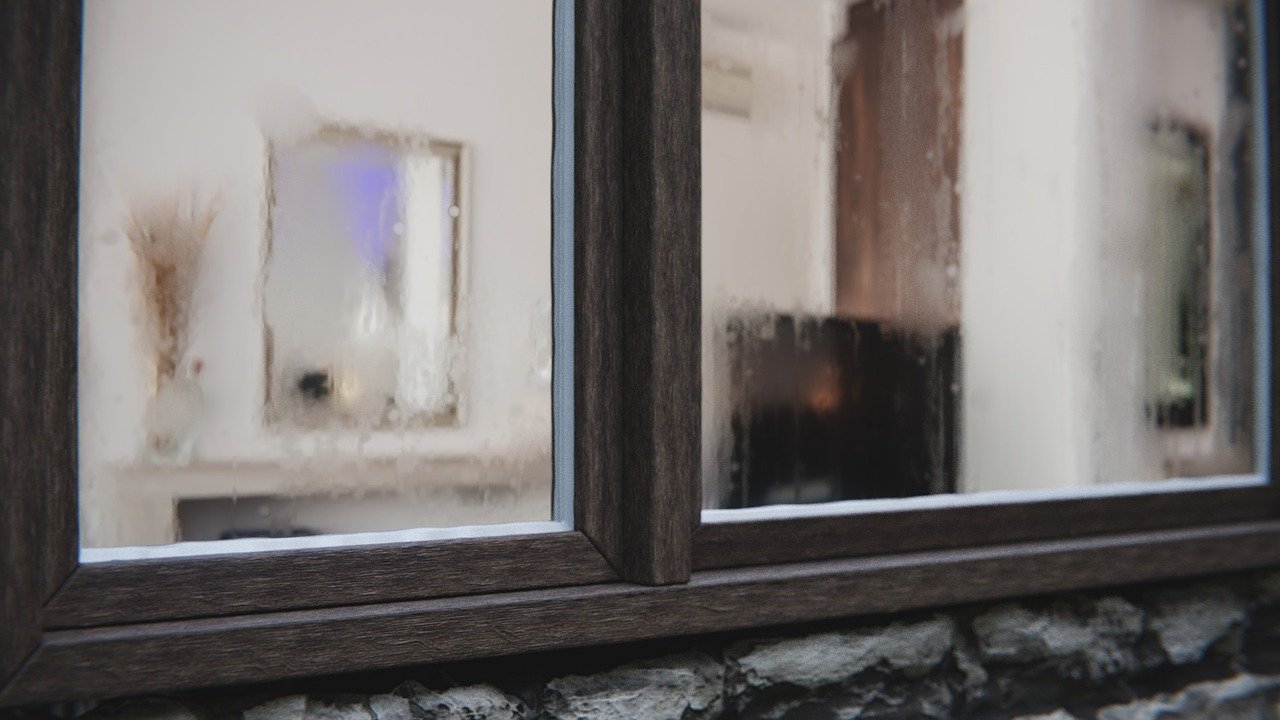






























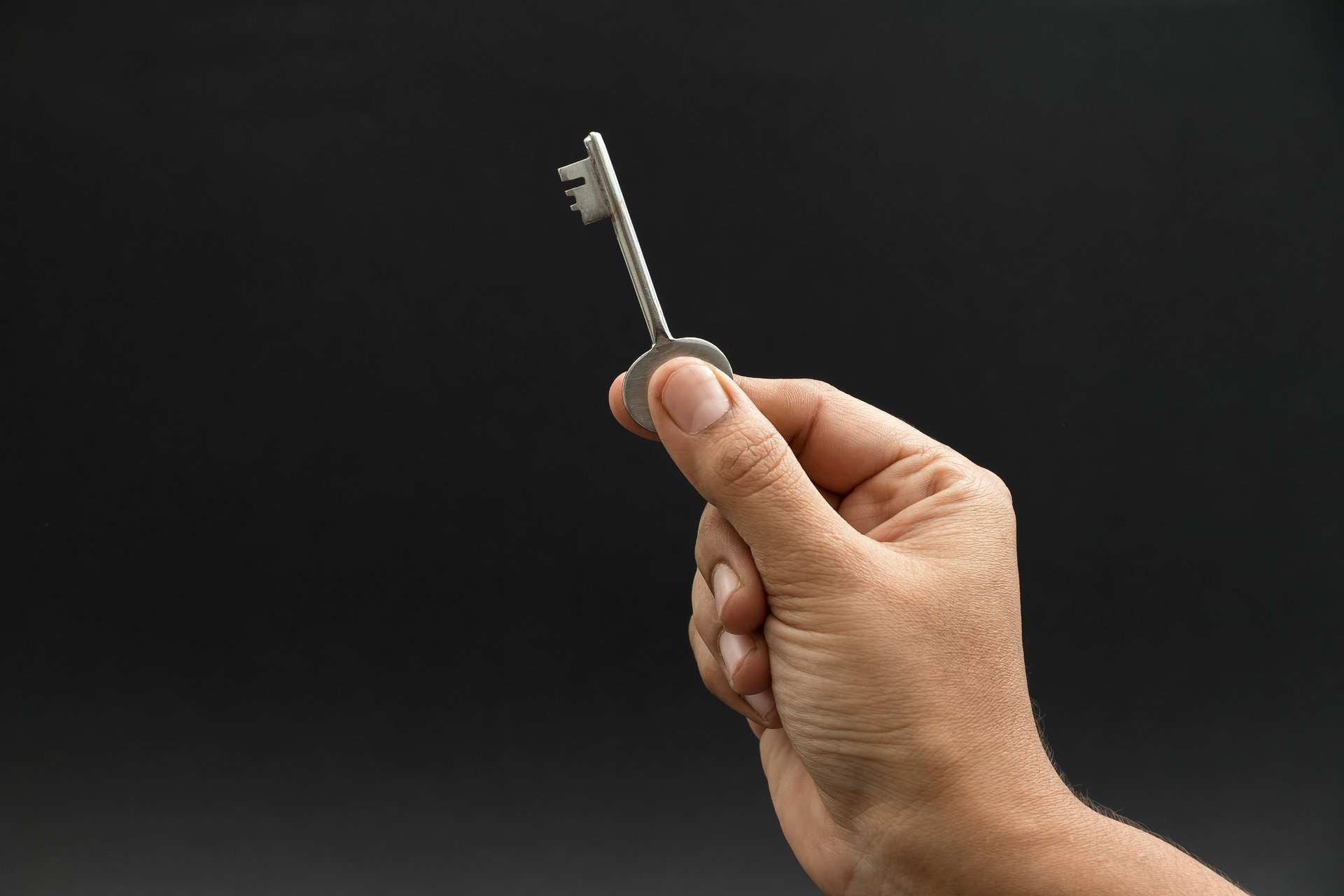
















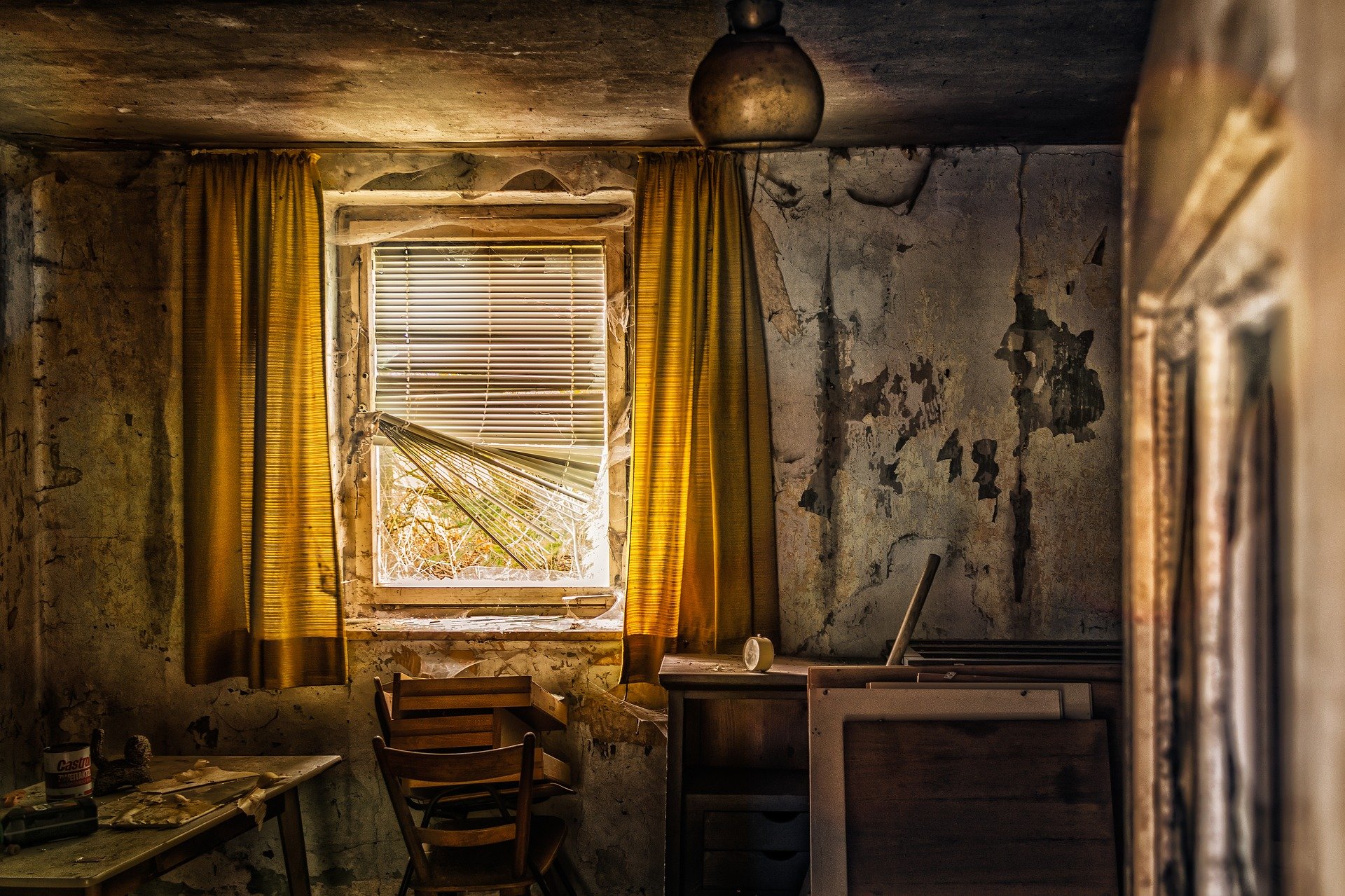






Recent Comments